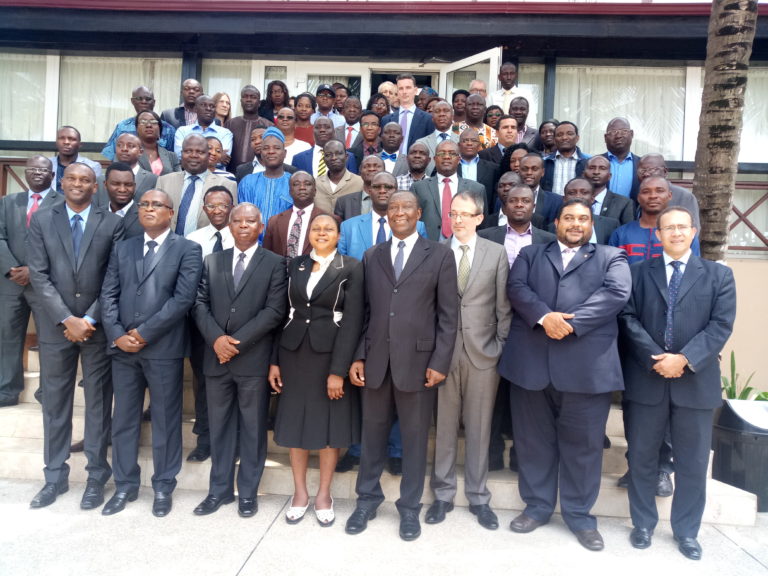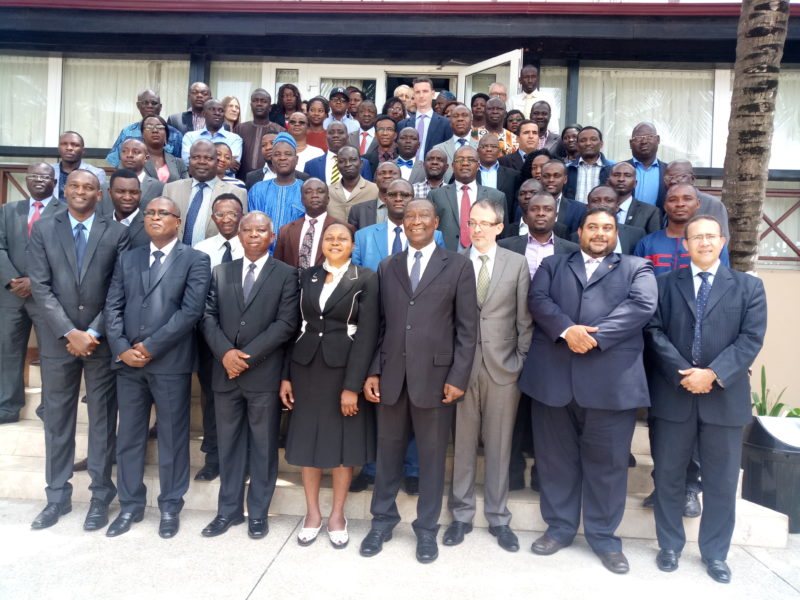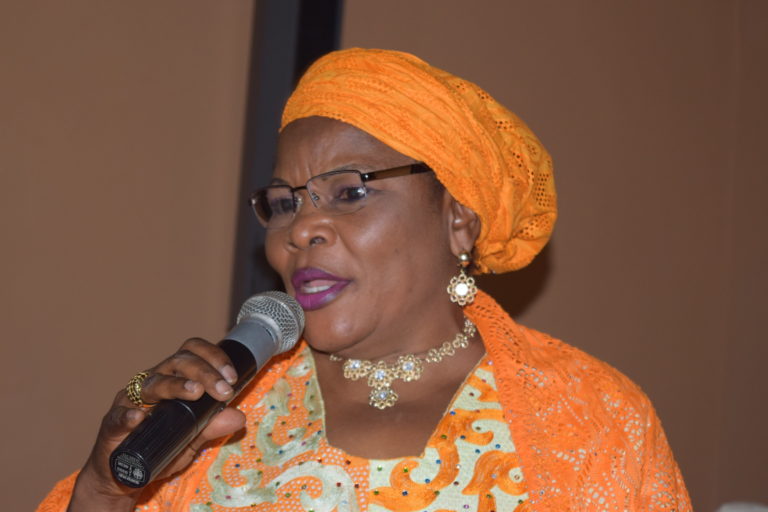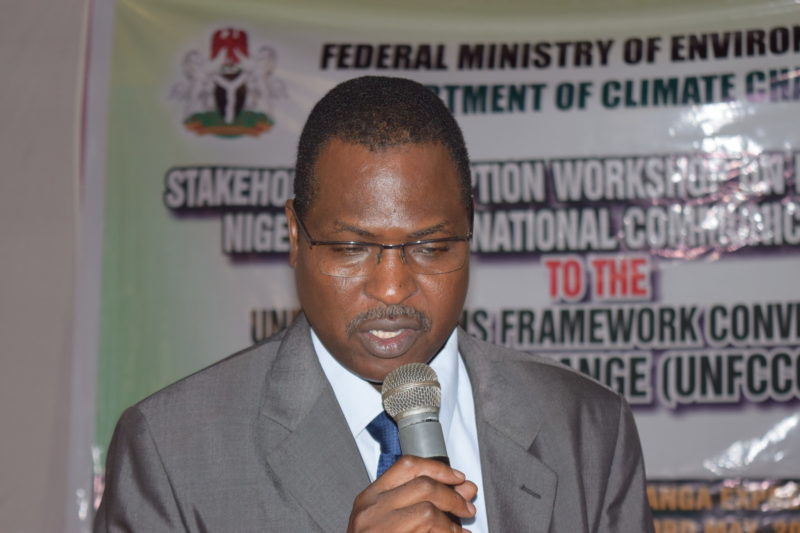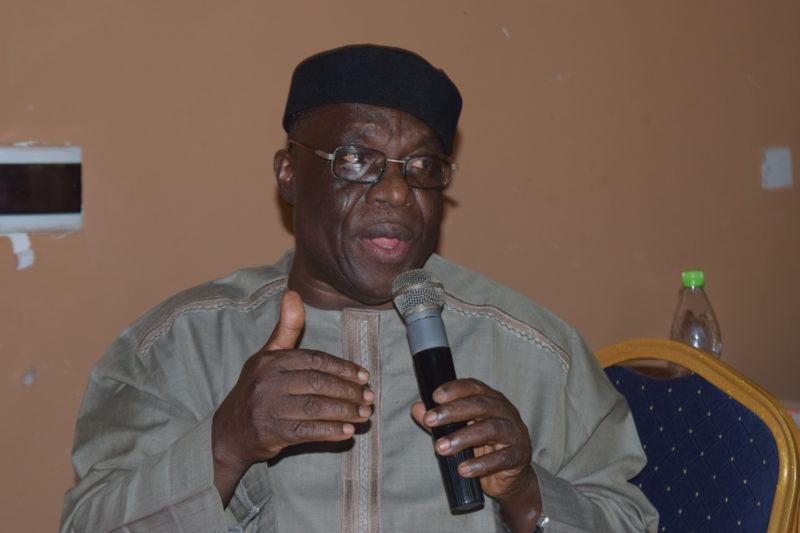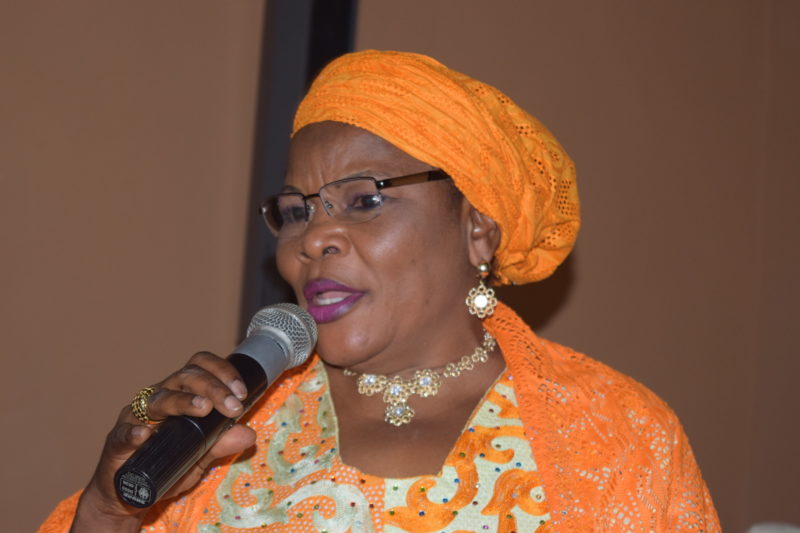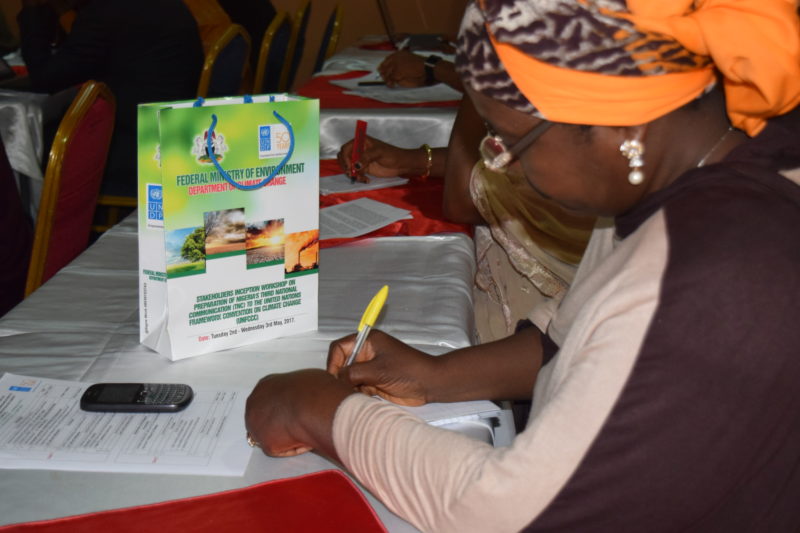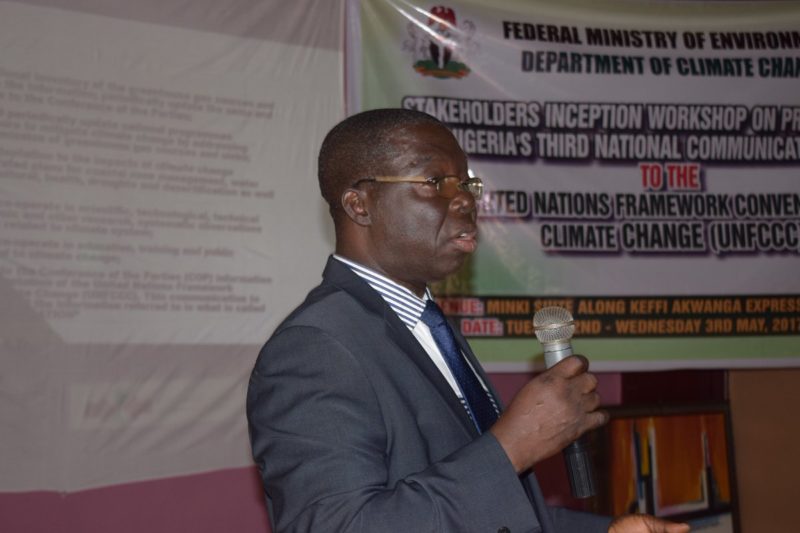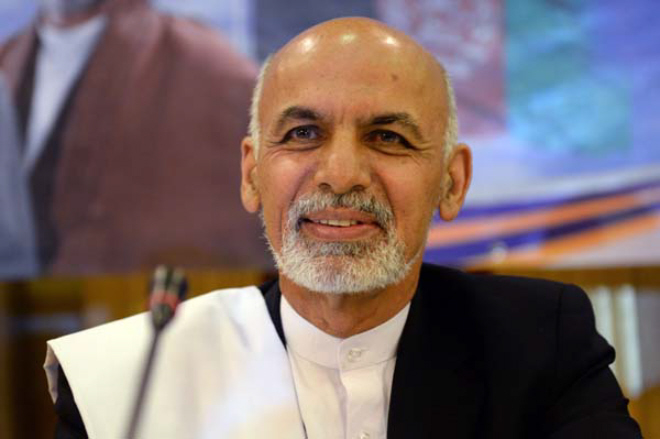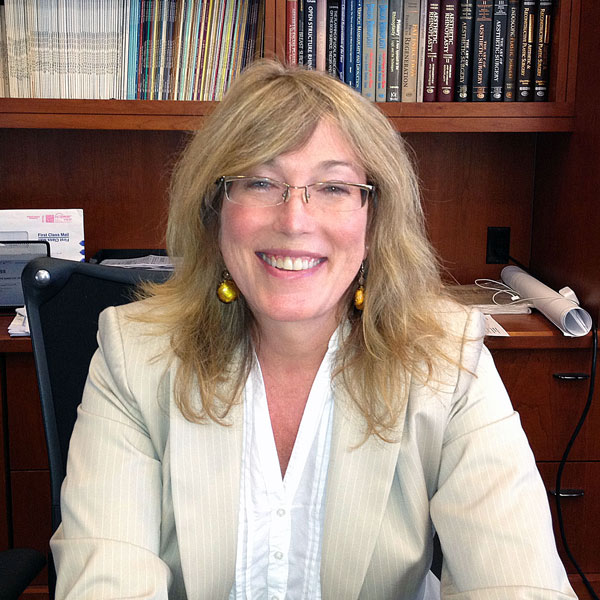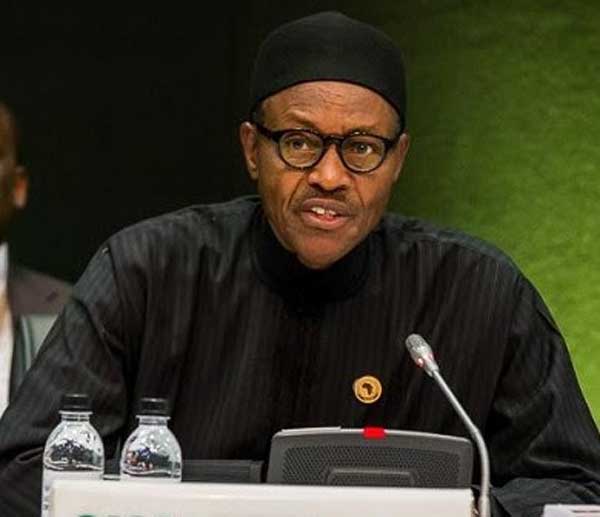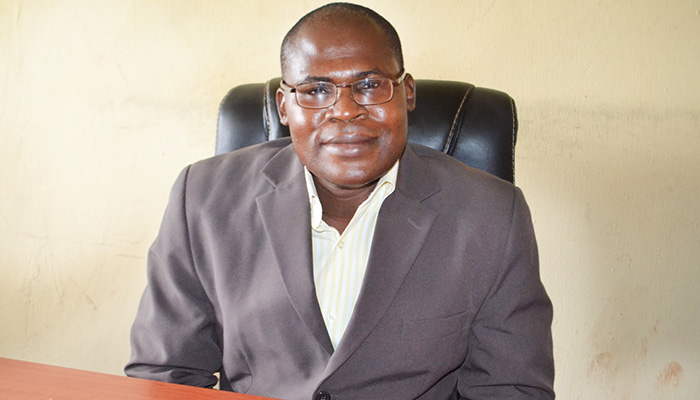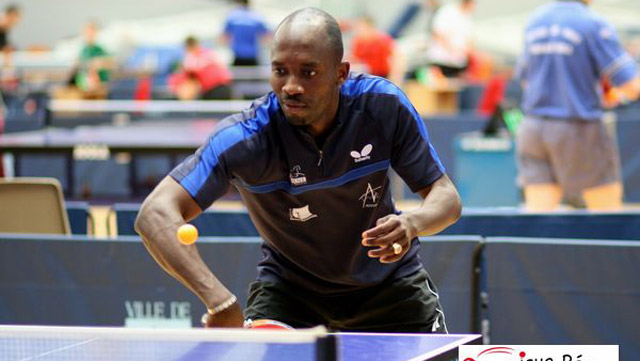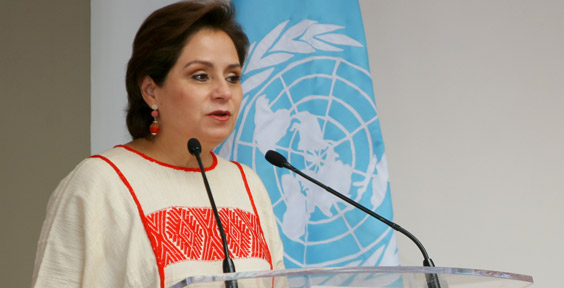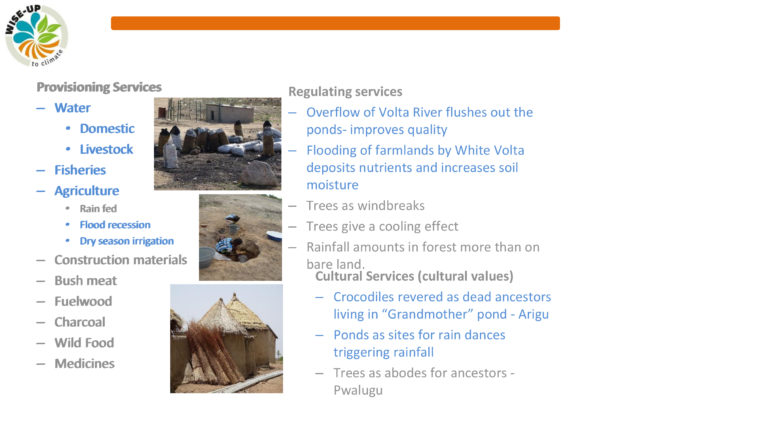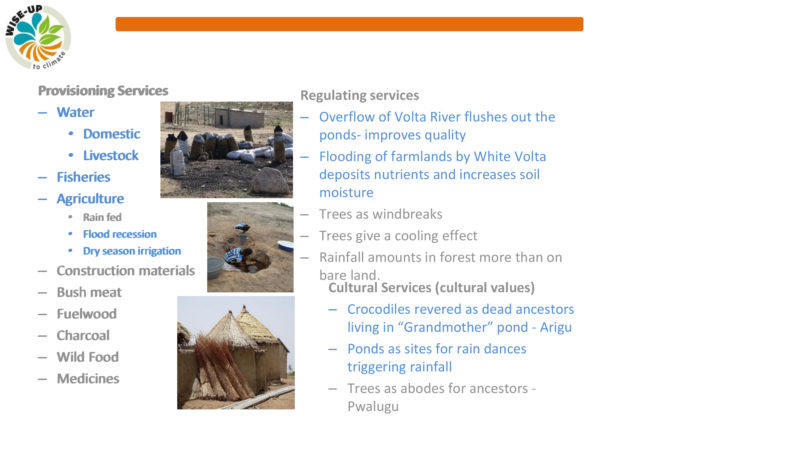The inclusion of two senior employees of ExxonMobil and Saudi Aramco among the authors for a report being prepared by the Intergovernmental Panel on Climate Change (IPCC) has incurred the ire of a group of international civil society operatives, who insist that the situation amounts to a conflict of interests on the part of the authors.
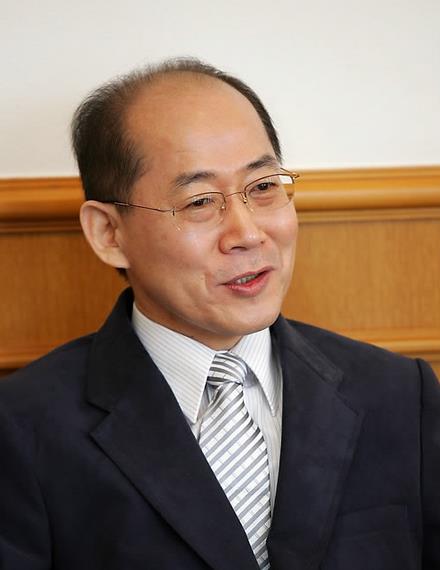
The IPCC, which is meeting this week in Addis Ababa, Ethiopia to draft the outline the Sixth Assessment Report (AR6), has engaged the services of a team of experts to produce the “Special Report on the impacts of global warming of 1.5°C above pre-industrial levels and related global greenhouse gas emission pathways, in the context of strengthening the global response to the threat of climate change, sustainable development and efforts to eradicate poverty”.
But protests have greeted the venture, courtesy of a recent correspondence addressed to IPCC Chair, Dr. Hoesung Lee. Titled: “Conflicts of interest of authors on the IPCC Special Report on the impacts of global warming of 1.5°C above pre-industrial levels”, the letter was signed by 108 international and national organisations, who are all active in the international climate negotiations and climate discussions at national, regional and/or international levels.
The campaigners allege that ExxonMobil and Saudi Aramco are the second – and third – largest corporate emitters of greenhouse gases worldwide, adding that they bear a large part of the responsibility for causing climate change, along with 88 other major oil, energy and cement companies.
The letter reads in part:
As you well know, the role of the IPCC, as stated in paragraph 2 of the Principles Governing IPCC Work, is to assess, on a comprehensive, objective, open and transparent basis, the scientific, technical and socio-economic information relevant to understanding the scientific basis of risk of human-induced climate change, its potential impacts, and options for adaptation and mitigation. Despite the important work the IPCC does to inform policy makers of the now-overwhelming scientific evidence of human-induced climate change, the climate crisis is deepening.
The delayed and inadequate responses to this crisis can be attributed in part to lobbying by businesses with vested interests in the fossil-fuel-driven economy. Disturbingly, the role of business has gone beyond mere lobbying: to delay urgently-needed climate action, several companies have financed climate change skepticism and denial. This is well documented and the subject of multiple judicial investigations.
The two aforementioned companies are the second – and third – largest corporate emitters of greenhouse gases worldwide. They bear a large part of the responsibility for causing climate change, along with 88 other major oil, energy and cement companies, which together are responsible for two thirds of the cumulative historical CO2 and CH4 emissions since 1854. Moreover, the Exxon staff member selected, Dr. Haroon S. Kheshgi, has been a leading proponent of controversial climate geoengineering proposals since 1995, including carbon capture and storage (CCS) strategies. Exxon holds the most patents related to CCS and other sequestration methods of any company, and on its website, publicly declares an interest in one quarter of existing global CCS facilities. This creates a strong financial interest for this author to favourably promote certain technological pathways to 1.5°C.
In 2010, the integrity and credibility of the IPCC was called into question, resulting in a thorough review by the InterAcademy Council. As a response, IPCC adopted, in its own words, “a rigorous conflict of interest policy” with the aim “to protect the legitimacy, integrity, trust, and credibility of the IPCC.” It is evident that conflicts of interest exist or can be implied in this case. This would constitute a violation of your conflict of interest policy.
The IPCC “Special Report on the impacts of global warming of 1.5°C above pre-industrial levels” was requested by the United Nations Framework Convention on Climate Change (UNFCCC) to address the particular concern of countries already impacted by global warming such as the small island states. The lives of peoples and in some cases the future existence of these states, depends upon drastic reductions in global emissions, including specifically a shift away from fossil fuel dependency.
It is therefore difficult to understand that the IPCC could include authors from the industries that have caused the most damage, and for whom private profits would be affected if the necessary reductions are carried out. Similarly, it is also worrying that industry representatives are precisely those with interests in promoting unacceptable pathways and high-risk technologies, such as climate geoengineering, which distract from the real emissions reductions that are required to avoid catastrophic warming.
Furthermore, in the list of authors to this Special Report there are other representatives of industry-sponsored associations and institutions, yet there are no researchers from independent NGOs selected for participation, despite several nominations. This is a crucial report that must maintain high standards of scientific independence. The world cannot afford for this report to be converted into an alibi for the industries that caused climate change to continue business as usual, or a platform to promote high-risk technologies such as geoengineering.
The IPCC needs to maintain a broad and balanced approach to highlighting the necessary conditions to enhance real pathways to stay below 1.5°C, including: peasant and agro-ecological food systems; public transportation; ecologically-sound and locally-controlled renewable energy sources; and ecosystem protection and restoration, among many other proven and effective solutions. We therefore request the IPCC to reconsider the selection of authors, both for this and all upcoming reports, to ensure that no conflict of interest exists, and that multiple disciplines, regions and viewpoints are included.
Out of the 108 groups that endorsed the letter, three – CCN Nigeria, Centre for 21st Century Issues, and Health of Mother Earth Foundation – are from Nigeria.

